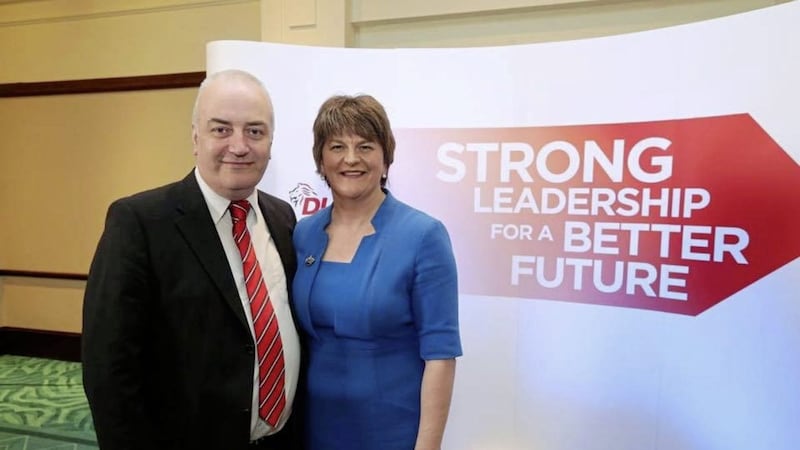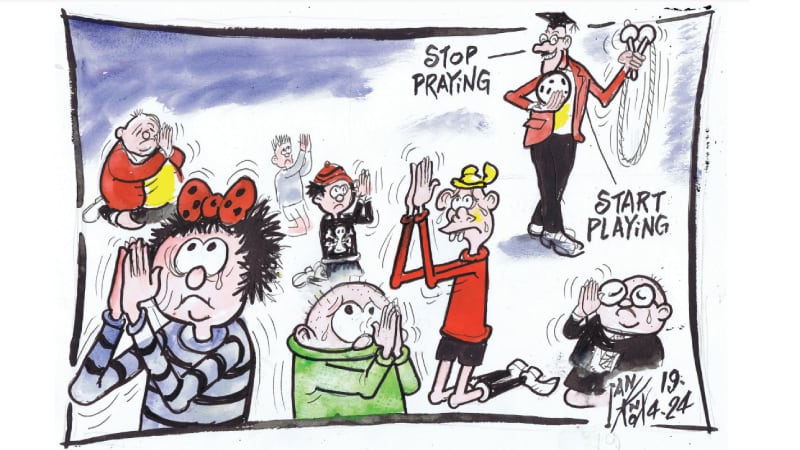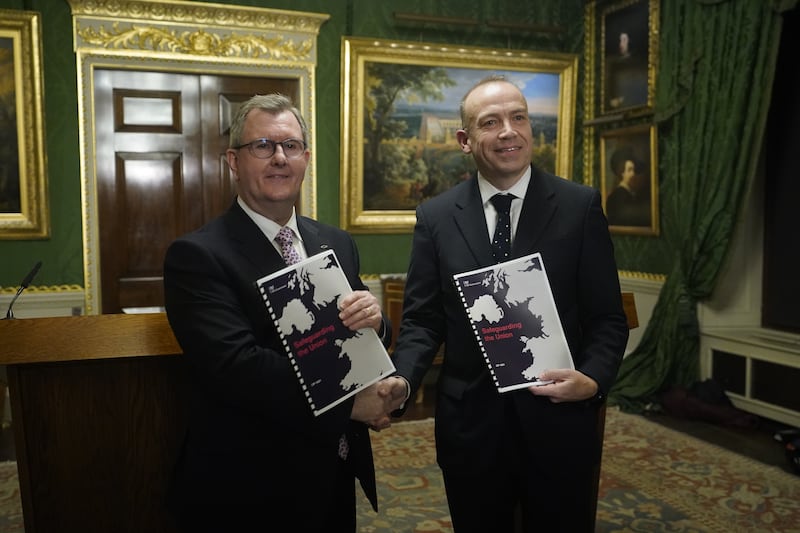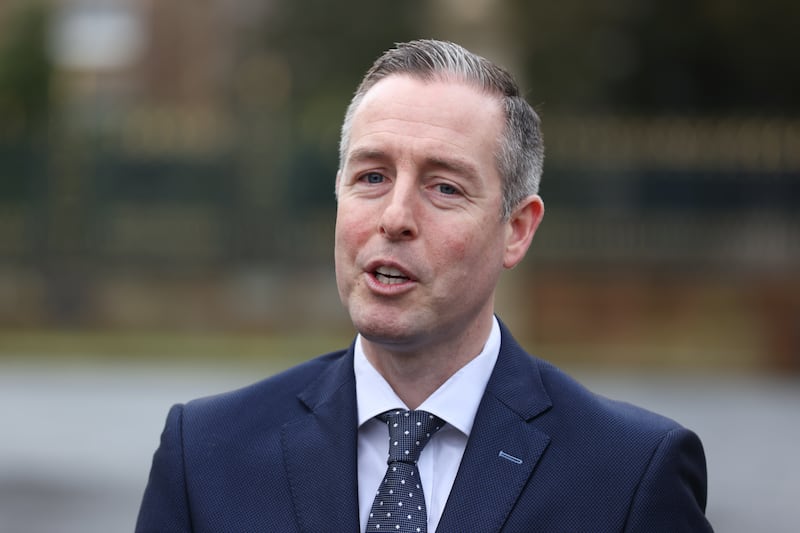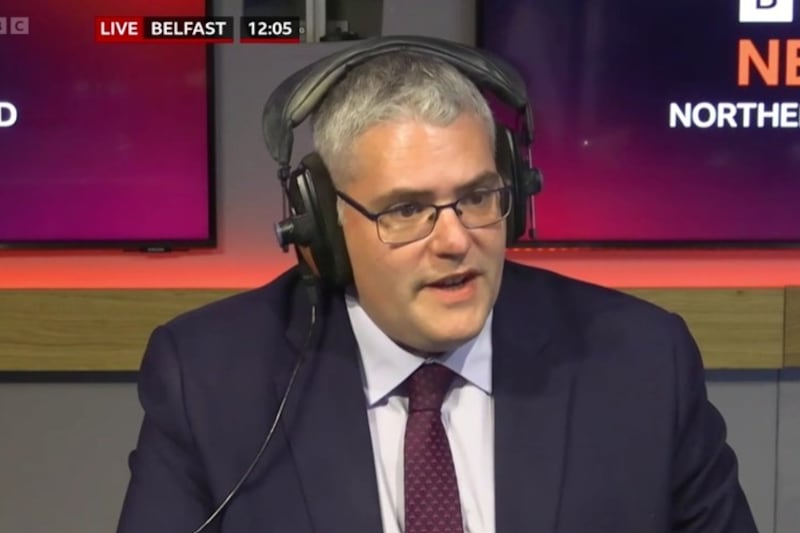STORMONT'S ongoing dormancy led to MLAs having their pay docked because they have been unable to fulfil their main purpose of law-making.
As a result, their salaries were reduced from £49,500 to £35,888. But their pay was not stopped completely, with former Secretary of State Karen Bradley citing their "valuable" constituency work as a reason for this.
MLAs run local offices where their constituents can seek free advice and assistance on various issues, ranging from benefits and potholes to street signs and housing.
One area that many will seek assistance on is planning. Although local planning applications are a matter for councils, MLAs will often be sought for advice and representation.
It is what many people would see as simply part of the job.
But for one MLA, it appears planning has also been a business opportunity.
An Irish News investigation has uncovered how DUP MLA Trevor Clarke makes money from a sideline business, Versatile Consultancy, which lobbies on behalf of planning applicants.
As Mr Clarke is already being paid by the taxpayer to represent his constituents, this will cause serious concern.
It may also breach assembly rules, which say MLAs "shall not, in return for payment or benefit, advocate or initiate any cause or matter on behalf of any outside body or individual".
Stormont's collapse, however, means there is no standards watchdog in post to investigate this.
Mr Clarke says he established Versatile after losing his seat in the March 2017 election. However, he was co-opted into Paul Girvan's MLA seat just months later and the business has continued on regardless.
The most recent application represented under the Versatile name was submitted in June this year.
A spokesman for Mr Clarke defended the business, saying its "advocacy" is "beyond anything offered in the representative role of an MLA".
This misses the point: Constituents should expect the same service from an MLA regardless of who they are or whether they pay.
What Mr Clarke's model suggests is a two-tier system where constituents receive one level of representation for free, and a more enhanced one when it benefits his business.
In her party conference speech last year, DUP leader Arlene Foster spoke of the need to uphold "high standards" in public office.
The DUP should be raising serious questions as to whether Mr Clarke's business interests fit with this aspiration.
